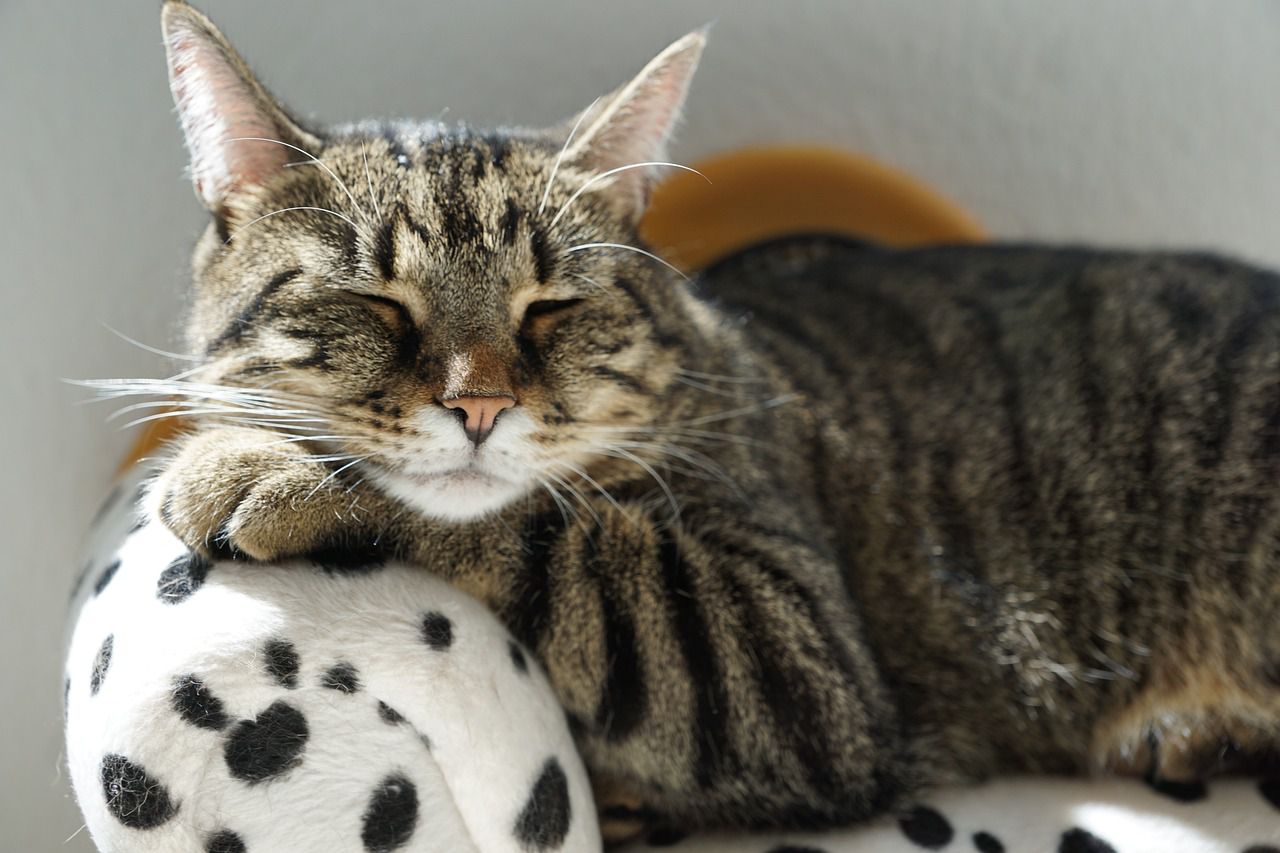Cats are amazing pets, but they need to scratch something constantly - that's how they keep their nails' length comfortable.
Meanwhile, this habit can destroy your furniture easily - and it's especially dangerous for your sofas and cushions.
Here are a few things you can do to prevent it from happening.
Scratching Posts
Get a scratching post or two for your cat. Cats like to scratch to keep their claws healthy and to mark their territory.
If you give them a designated place to scratch, they'll be less likely to target your furniture.

Training
Gently teach your cat to use the scratching post by gently guiding their paws and rewarding them with treats or praise when they use it.
Scratching Deterrents
Use sticky tape or specially designed scratching deterrents on the furniture you want to protect.
Cats don't like the sticky feeling, so they'll avoid scratching there.
Trimming Claws
Regularly trim your cat's claws. Be careful not to cut too far, as this can hurt your cat.
If you're unsure how to do it, ask your vet or a groomer for help.
Soft Covers
Use slipcovers or furniture covers to protect your upholstery. Cats are less likely to scratch soft, stretchy covers.
Nail Caps
Consider soft nail caps that can be put on your cat's claws. These are safe and prevent your cat from causing damage when they scratch.
Positive Reinforcement
Praise and reward your cat when they use the scratching post and avoid scolding or punishing them for scratching the furniture.
Positive reinforcement encourages good behavior.
Conclusion
Half of success is always about training your cat gently, and the other half is about providing alternative scratching areas where your cat can do what it needs to do.









